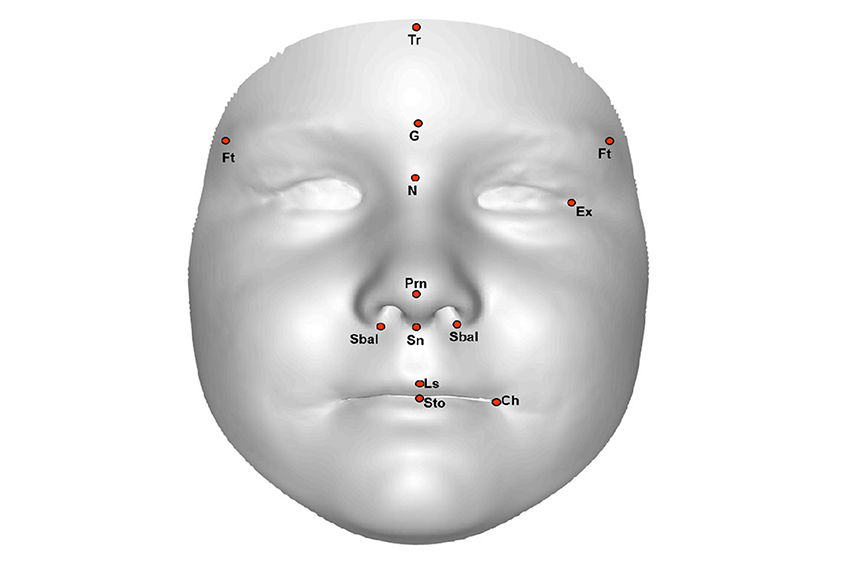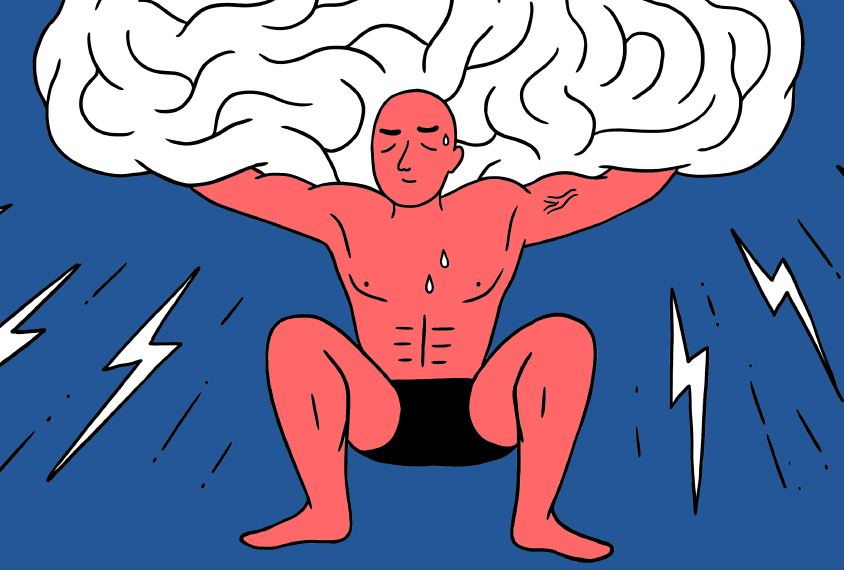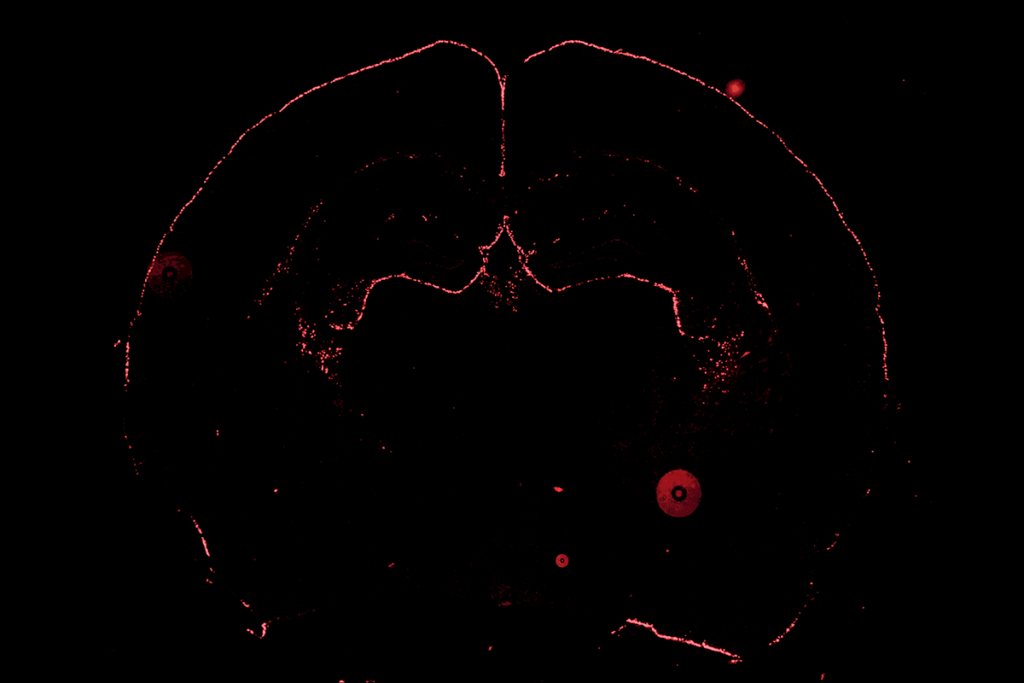Testosterone
Recent articles
Accounting for a mosaic of sex differences: Q&A with Nicola Grissom
Breaking the binary view of sex traits can enable researchers to represent the broader complexity of behavior and cognition.

Accounting for a mosaic of sex differences: Q&A with Nicola Grissom
Breaking the binary view of sex traits can enable researchers to represent the broader complexity of behavior and cognition.
Siblings of autistic children may have distinct facial features
Siblings of autistic children, like those with the condition, tend to have faces that are more masculine than average.

Siblings of autistic children may have distinct facial features
Siblings of autistic children, like those with the condition, tend to have faces that are more masculine than average.
The extreme male brain, explained
The ‘extreme male brain’ theory suggests that autism is an exaggeration of systematic sex differences in ways of thinking.

The extreme male brain, explained
The ‘extreme male brain’ theory suggests that autism is an exaggeration of systematic sex differences in ways of thinking.
Predictive brain waves; spotting liars; pet peeve and more
Brain waves in infancy forecast autism, people with more autism features have trouble detecting lies, and veterinarians battle claims that vaccines cause autism in dogs.
Predictive brain waves; spotting liars; pet peeve and more
Brain waves in infancy forecast autism, people with more autism features have trouble detecting lies, and veterinarians battle claims that vaccines cause autism in dogs.
Some adults with autism traits reject conventional sexual labels
Adults who have characteristics of autism are about three times as likely as their peers to not identify as heterosexual, homosexual or bisexual.

Some adults with autism traits reject conventional sexual labels
Adults who have characteristics of autism are about three times as likely as their peers to not identify as heterosexual, homosexual or bisexual.
Boyish looks; popular pseudoscience; older fathers and more
Masculinized features help define children with autism, online autism-parent forums spread pseudoscience, and the United States has more older fathers than ever.
Boyish looks; popular pseudoscience; older fathers and more
Masculinized features help define children with autism, online autism-parent forums spread pseudoscience, and the United States has more older fathers than ever.
Testosterone test; enhancement stance; retirement pan
A new study casts doubt on the ‘extreme male brain’ theory of autism, Americans are worried about gene editing, and a Pasteur Institute clash raises questions about scientists’ age.
Testosterone test; enhancement stance; retirement pan
A new study casts doubt on the ‘extreme male brain’ theory of autism, Americans are worried about gene editing, and a Pasteur Institute clash raises questions about scientists’ age.
Hormonal imbalance during pregnancy tied to autism risk
Having polycystic ovary syndrome raises the risk of having a child with autism by nearly 60 percent.

Hormonal imbalance during pregnancy tied to autism risk
Having polycystic ovary syndrome raises the risk of having a child with autism by nearly 60 percent.
Hormone levels during pregnancy tied to autism risk
An analysis of prenatal screening test results fuels the theory that abnormal levels of steroid hormones in the womb wire the developing brain for autism.

Hormone levels during pregnancy tied to autism risk
An analysis of prenatal screening test results fuels the theory that abnormal levels of steroid hormones in the womb wire the developing brain for autism.
Linking autism, sex, gender and prenatal hormones
Elevated levels of fetal sex steroid hormones such as testosterone may explain many of autism’s unique features.

Linking autism, sex, gender and prenatal hormones
Elevated levels of fetal sex steroid hormones such as testosterone may explain many of autism’s unique features.
Explore more from The Transmitter
Who funds your basic neuroscience research? Help The Transmitter compile a list of funding sources
We want to hear from you about the sources of funding for your research.
Who funds your basic neuroscience research? Help The Transmitter compile a list of funding sources
We want to hear from you about the sources of funding for your research.
The future of neuroscience research at U.S. minority-serving institutions is in danger
Cuts to federally funded programs present an existential crisis for the University of Puerto Rico’s rich neuroscience community and for research at minority-serving institutions everywhere.

The future of neuroscience research at U.S. minority-serving institutions is in danger
Cuts to federally funded programs present an existential crisis for the University of Puerto Rico’s rich neuroscience community and for research at minority-serving institutions everywhere.
Unexpected astrocyte gene flips image of brain’s ‘stalwart sentinels’
The genetic marker upends the accepted orientation of non-star-like astrocytes in the glia limitans superficialis.

Unexpected astrocyte gene flips image of brain’s ‘stalwart sentinels’
The genetic marker upends the accepted orientation of non-star-like astrocytes in the glia limitans superficialis.